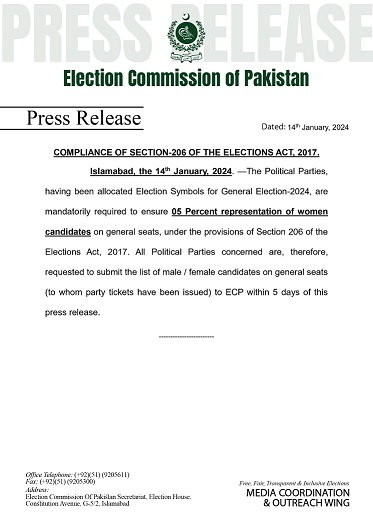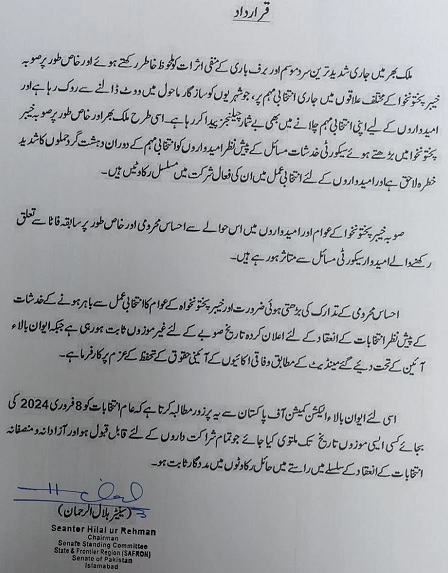- Islamabad
- 26°C
- Today ( Monday, 21 April 2025)
Disparities in EU Wages
While European Union (EU) labor regulations prioritize individual working conditions, labor rights, information access, anti-discrimination measures, and job security, the landscape of salaries and wages across member states exhibits notable variations. Factors such as labor laws, demand, inflation, and others contribute to the diverse wage structures observed. According to Eurostat's 2022 data, the average annual wages across EU member states ranged significantly, from €106,839.33 in Switzerland to €12,923.66 in Bulgaria. The top-paying countries in 2022 included Switzerland (€106,839), Iceland (€81,942), Luxembourg (€79,903), Norway (€74,506), and Belgium (€70,297). In contrast, the nations with lower average wages were Bulgaria (€12,923), Romania (€14,500), Croatia (€17,842), Hungary (€18,274), and Poland (€18,114). These disparities underscore the influence of diverse economic factors on wage structures within the EU. While robust labor regulations ensure certain standards, the wide range of average wages highlights the complexity of aligning salary levels across the union. As EU member states continue to navigate these variations, ongoing discussions about harmonizing economic conditions remain essential for fostering a more equitable labor market.
-
The United States military's Central Command (CENTCOM) has reported the successful interception of 18 drones launched by Yemen's Houthi rebels over the southern Red Sea. This marks the 26th attack on international shipping lanes by the Houthi rebels in the last seven weeks. ...
-
The Ambassador of the Republic of Croatia, Dr. Drago Stambuk, has underscored the importance of fostering a more robust trade relationship between Croatia and Pakistan. During a meeting at the Karachi Chamber of Commerce and Industry (KCCI), Dr. Stambuk acknowledged that the c...
Get Newsletter
Subscribe to our newsletter to get latest news, popular news and exclusive updates.


























Facebook Comments